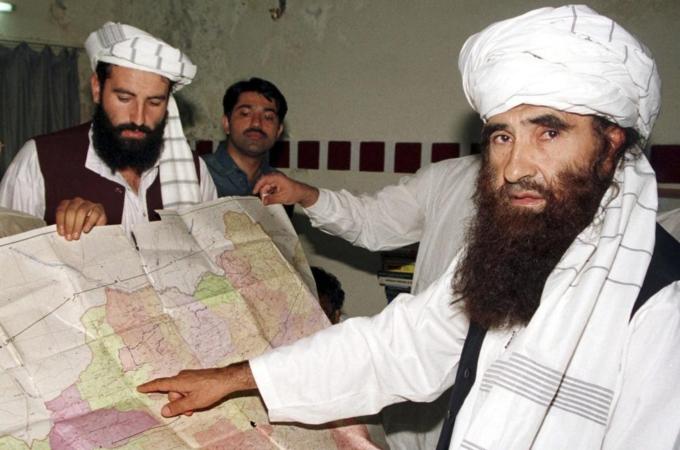Security Council’s Taliban sanctions committee adds Pakistan-based group over deadly attacks inside Afghanistan.

The UN Security Council’s Taliban sanctions committee has added the Pakistan-based Haqqani network, accused of several major attacks in Afghanistan, to a UN blacklist, US officials say.
The Security Council committee’s move on Monday also singled out Qari Zakir, an operational commander involved in many of the group’s highest-profile suicide attacks, Susan Rice, US ambassador to the UN, said in a statement.
“These sanctions oblige all UN member states to implement an asset freeze, travel ban and arms embargo against Zakir and the Haqqani Network,” she said.
New additions to the Taliban sanctions list are relatively rare, since such moves are usually agreed upon unanimously.
Council diplomats said it was especially significant that Pakistan, a member of the 15-nation council until the end of 2013, did not stand in the way of the move.
Al Jazeera’s Kamal Hyder, reporting from Islamabad, said that the move by the UN to blacklist the Haqqani network “won’t make a lot of difference” because it operates over such a vast area.
“The Haqqani network operates inside of Afghanistan even though there are allegations that they are using Pakistan as a base,” he said, adding that there has been no immediate reaction to the sanctions by the Pakistani government.
The UN blacklist now contains 131 individuals, including Zakir, and three entities, one of which is the Haqqani group.
The US designated the Haqqani network as a terrorist organisation in September, a move the group’s commanders said proved that the US was not sincere about peace efforts in Afghanistan.
Pakistan’s denial
US officials have long accused Pakistan of supporting the network, an allegation the country denies.
The Haqqanis, who are allied with the Afghan Taliban, are some of the most experienced fighters in Afghanistan and have carried out several high-profile attacks on Western targets.
 |
| From the perspective of one neighbourhood in Herat |
“Today’s action by the Security Council expands upon these [UN] sanctions and confirms the international community’s
resolve to end the Haqqani Network’s ability to execute violent attacks in Afghanistan,” Rice said in her statement.
“It also reflects the Security Council’s commitment to use and enforce sanctions against those who threaten peace in
Afghanistan, in conjunction with a strong commitment to support Afghan-led peace and reconciliation.”
Rice said that as well as organising suicide attacks, Zakir had trained fighters to use small and heavy weapons and
improvised explosive devices.
The US state department said separately on Monday that it added Zakir to the US list of specially designated terrorists, a move aimed at freezing any property he might have under US jurisdiction and prohibiting any US transactions with him.
“He has been involved in many of the Haqqani Network’s high-profile suicide attacks and is partially responsible for
making some of the final determinations on whether or not to proceed with large-scale attacks planned by local district-level commanders,” the state department said in a statement.
It said attacks using personnel selected and trained by Zakir included the 2010 attacks on bases of Western forces in
Afghanistan, the June 2011 attack on the Intercontinental Hotel, and the September 2011 attack on the US embassy in Kabul, which killed 16 Afghans, including at least six children.
Source: http://www.aljazeera.com/news/asia/2012/11/20121166251166331.html








